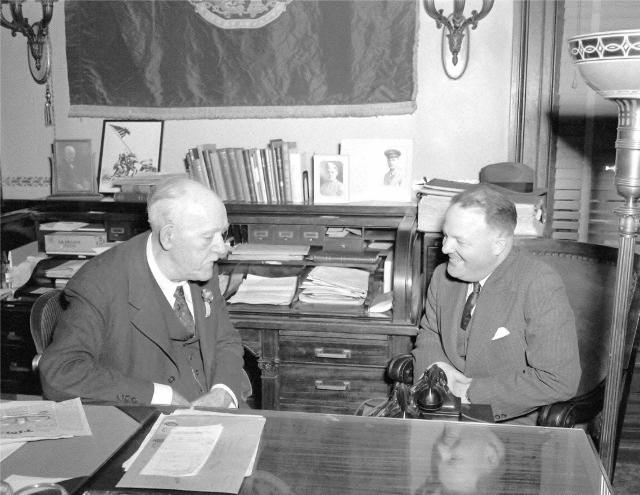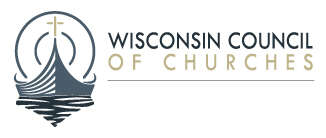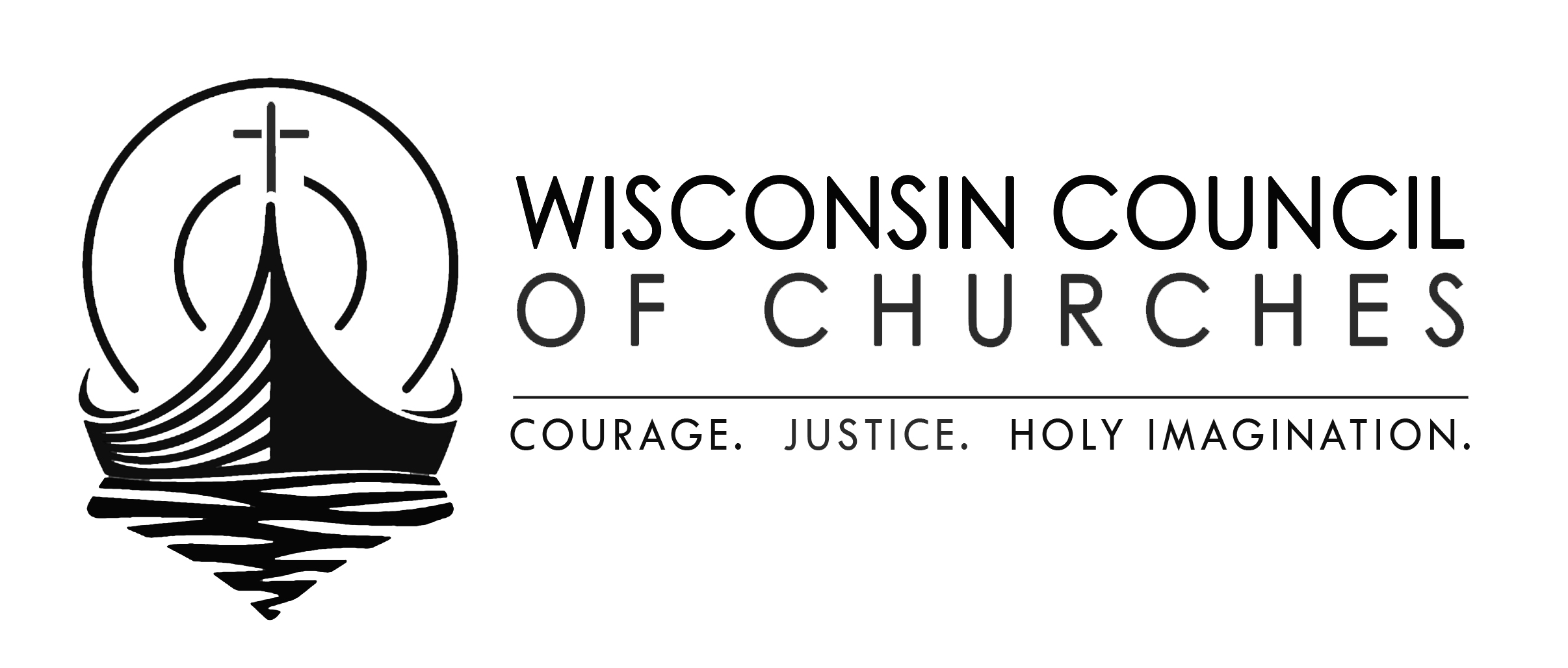Courage. Justice. Holy Imagination.
The Wisconsin Council of Churches (WCC) is a network of Christian churches and faith-based organizations committed to working together across our many differences. Exercising holy imagination, we help each other make courageous choices that lead toward peace with justice, the vitality of the church, and the well-being of our neighbors.The Council connects 21 Christian traditions, which have approximately 2,000 congregations and over one million church members in Wisconsin. Join with us as we pray and work together for the unity and renewal of the church and the healing and reconciliation of the world.
History of the Wisconsin Council of Churches
The Wisconsin Council of Churches began informally in the 1930’s as a loose federation of Milwaukee denominations working together to meet basic human social and economic needs during the Great Depression. This evolved into an inter-denominational recreational ministry for young people. The Wisconsin Council of Churches was formally incorporated in 1947.
Throughout the years, WCC has worked on a variety of projects including pastoral care to war workers, a chaplaincy program for soldiers, a migrant ministry, the development of local ministerial associations, radio and media ministry, and a loan fund for farmers in danger of losing their farms.
In the 1960s, the WCC launched into a broader public advocacy role, providing statewide leadership on a bill focused on fair housing provisions. Throughout the years, the WCC has had advocacy programs focused on poverty, stopping the proliferation of nuclear weapons, the deregulation of natural gas, concerns of people with disabilities, opposition to a state lottery, affordable housing, and the rights of Native Americans. In the 1980’s, WCC had a strong emphasis on international issues and work included sending several delegations abroad to visit political hot-spots and to give witness to reconciliation. WCC continues to do important work around immigration, gun violence, hunger, poverty and other issues, focused on equipping members of its network to address justice issues in their own context from a grounding in faith.
Since the founding of the WCC with eight denominations it has continued to expand. In 2006 the Council welcomed its first African American and Pentecostal denomination into membership, the Church of God in Christ (COGIC). In 2018, the Council welcomed its first non-denominational church as a member. Today, the WCC’s members represent approximately 2,000 congregations and over one million church members, reaching every corner of the state.


